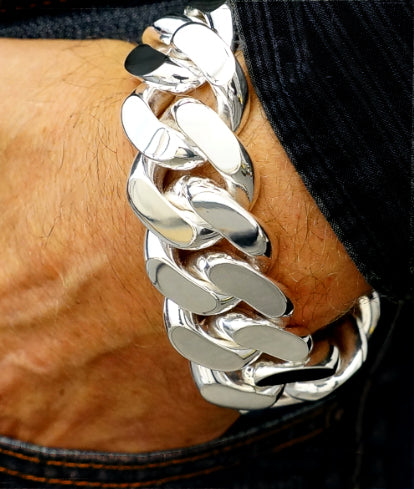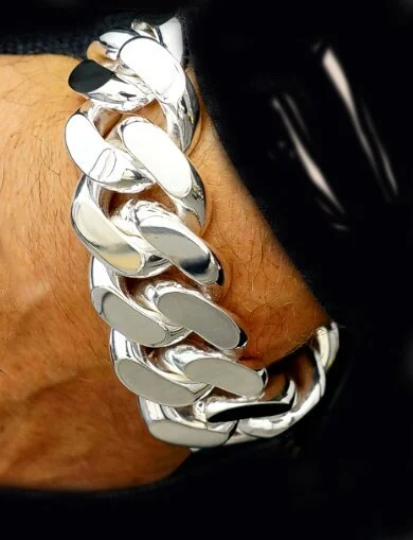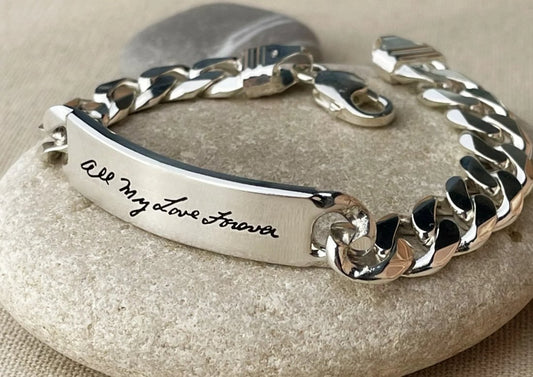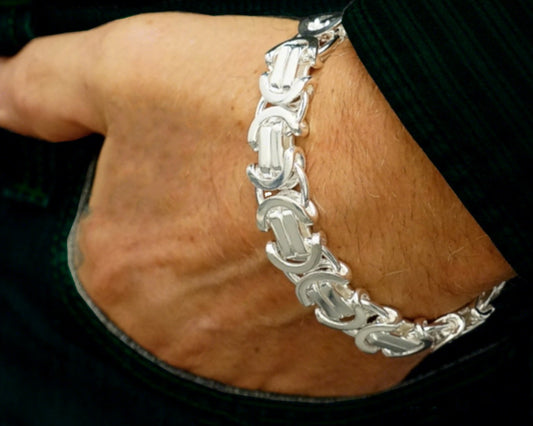In a world increasingly driven by consumer choices, the demand for natural stones in jewelry and decor has surged. But how often do we stop to consider the authenticity of these materials? Are they genuinely "natural," or is there more to the story?
The Definition of Natural Stones
Natural stones, by definition, are minerals or rock fragments that are found in nature, unaltered by human processes. However, the term can be misleading. In the jewelry industry, many so-called natural stones undergo various treatments to enhance their appearance, durability, and value.
Common Treatments and Enhancements
Some common treatments that may be applied to natural stones include:
- Dyeing: Stones like quartz and howlite are often dyed to achieve vibrant colors that do not occur naturally.
- Heat Treatment: Many gemstones, including sapphires and rubies, undergo heat treatment to improve their color and clarity.
- Radiation Treatment: Certain stones, such as topaz, may be exposed to radiation to create stunning blue shades.
The Importance of Ethical Sourcing
In addition to considering whether stones are truly natural, consumers should also be aware of the sourcing of these materials. Ethical sourcing ensures that stones are obtained in a way that supports fair labor practices and minimizes environmental impact. Many companies are now committed to transparency regarding how their stones are sourced, providing peace of mind to conscious consumers.
Conclusion
Ultimately, the term "natural" can encompass a wide range of meanings. While many stones are indeed sourced from nature, it's crucial to understand the processes that may alter them. By staying informed and choosing ethically sourced materials, consumers can enjoy their natural stone jewelry while also supporting responsible practices in the industry.











